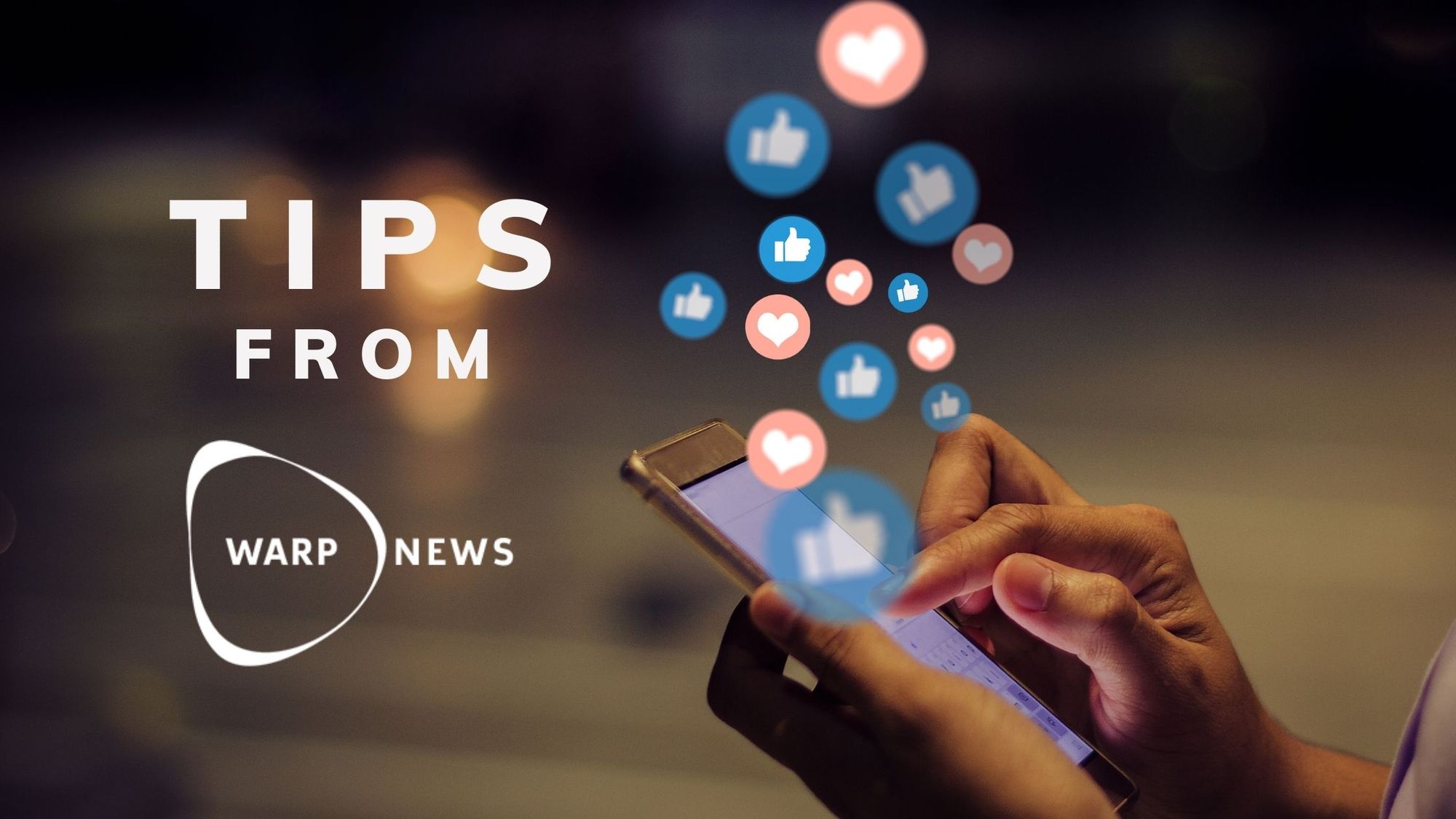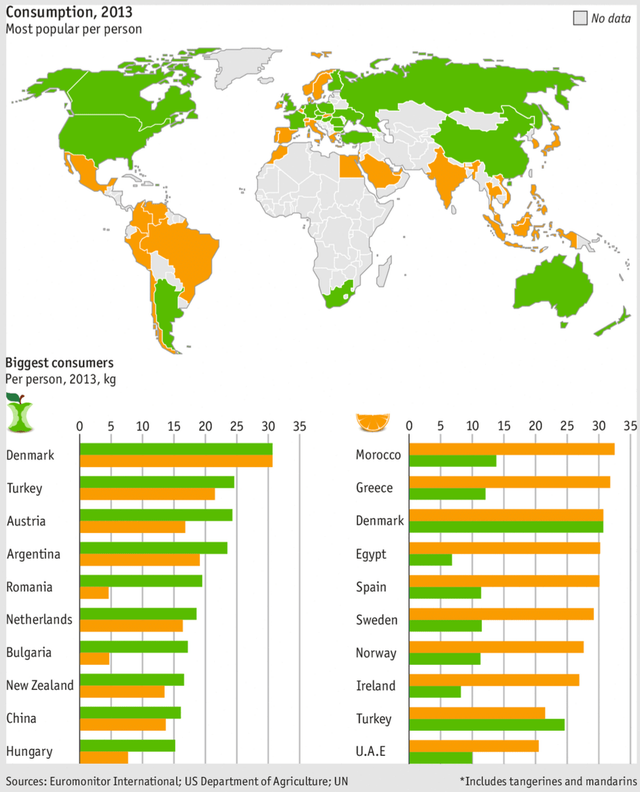
💡 Tips from Warp News: Why social media is not to blame for polarization & the best way to get to know Joe Biden
The best way to get to know Joe Biden, an answer to why we are polarized, battery or hydrogen, why media makes us pessimistic and finally, let's compare apples and oranges.
Share this story!
📚 Book
If you want to get to know Joe Biden, no other book does a better job than Richard Ben Cramer's What It Takes.
Cramer tries to answer the question of what it takes to run for president. He does so by diving into the candidates' minds in the 1988 race. Following them on the trail, talking to them and trying to get to know them.
So what does the 1988 race got to do with Joe Biden? Well, that is when he ran for president the first time.
Cramer concludes that you got to be extreme in some way. It doesn't have to be the same extreme, but something. And Biden running for president for 32 years before succeeding shows how right Cramer was.

📰 Article
Interesting interview with Ezra Klein about his new book Why we're polarized.
Q: "When I started, I expected to find a chapter on filter bubbles and Facebook. Or about how Twitter pushes political conversations to extremes. ... Explain your general thesis and why the social platforms play a relatively small role in it."
A: "The core story of the book is that over the past 50 years, the country’s dominant political coalitions have sorted by ideology, race, religion, geography, psychology, consumer behavior, and cultural preferences. This has, in turn, kicked off a series of feedback loops in which political institutions (the media, Congress) and actors (candidates, individual journalists) adopt more polarized strategies to both respond and appeal to a more polarized audience, which further polarizes the audience, which further polarizes the institutions, which further polarizes the audience, and so on.
Social media is one of those institutions, and in my view, is clearly a polarization accelerant. In the coming years it may prove a primary driver. But the bulk of the run-up in American party polarization predates social media, which means social media isn’t core to the story."
👉 Why Are We Polarized? Don't Blame Social Media, Says Ezra Klein
📺 Video
Is battery electric cars the future or hydrogen electric cars? Or both?
Joe Scott explains the two technologies.
🗄️ From the archive
Journalism is one of the most important things we have in society.
But news media is unbalanced and report much more negative news than positive, which gives us a distorted and pessimistic view of the world.
📺 Why are people so pessimistic about the future? Part 2 - the news media
🤪 And now for something completly different
Comparing apples and oranges.

By becoming a premium supporter, you help in the creation and sharing of fact-based optimistic news all over the world.


